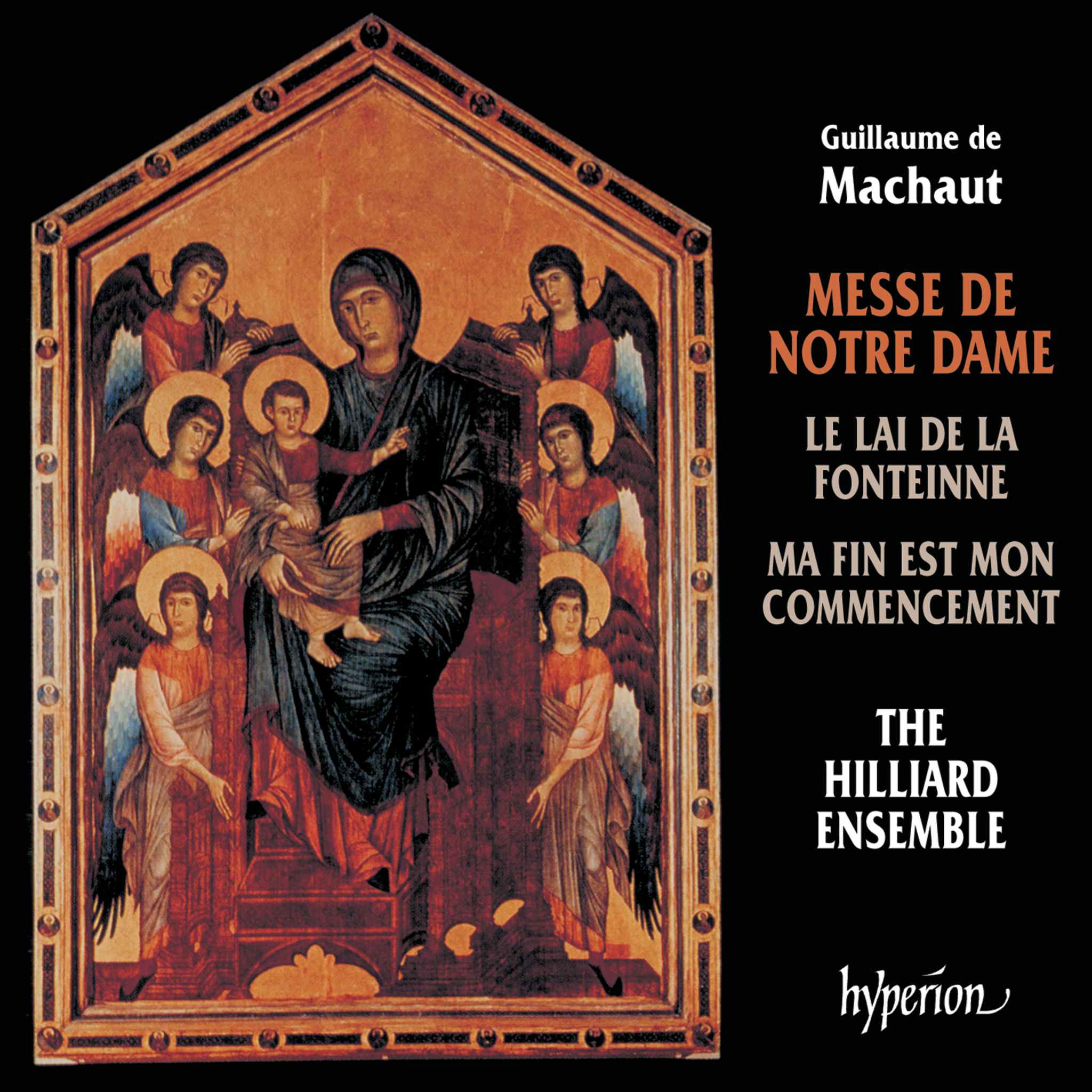Album insights
In Liszt's transcriptions, he transformed Beethoven's works by rearranging and sometimes adding elements, yet always staying true to the original text. Liszt's sequence of Gellert songs, varying tonalities, and substantial liberties observed in the Beethoven-Goethe settings demonstrate his artistry in combining respect for the source with innovative interpretation. Liszt's arrangement of Beethoven's An die ferne Geliebte melds distinct melodies with a focus on diverse accompaniments, seamlessly blending each song.
Liszt's inclusion of Mendelssohn's neglected songs in his repertoire underscores their enduring charm. Mendelssohn's diverse themes and emotional depth shine in Liszt's sensitive transcriptions, sustaining the poetic essence of the originals. Anton Rubinstein's fervent compositions receive Liszt's intricate handling, with delicate refrains evoking themes of love and nature in a harmonious blend.
Notably, Liszt's Schumann transcriptions traverse lesser-known compositions, unveiling the essence of Schumann's intimate creations. Liszt's interpretations of Clara Schumann's poignant lyrics express a tender narrative, subtly augmenting the melodic essence. Remarkably, Liszt masterfully expands upon the poetic nuances in Robert Schumann's pieces, breathing new life into revered classics.
Throughout Liszt's works, a meticulous balance is struck between honoring the original melodies and infusing them with his trademark virtuosity. Liszt's transcription of enduring songs by various composers encapsulates his profound reverence for musical expression. The complexity and beauty of Liszt's arrangements underscore his unparalleled skill in elevating timeless compositions to new heights, securing his legacy as a revered figure in classical music.









